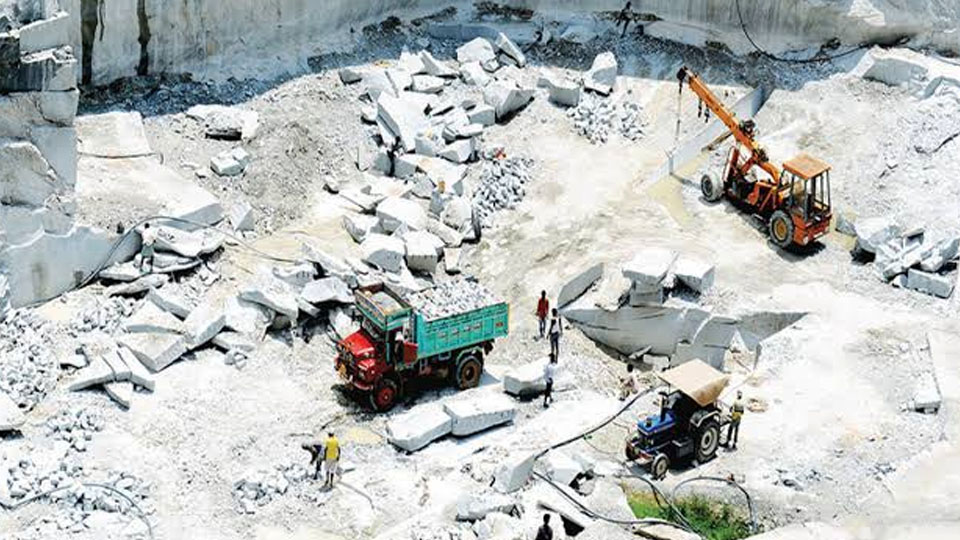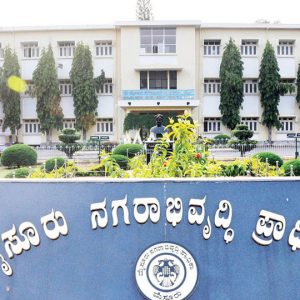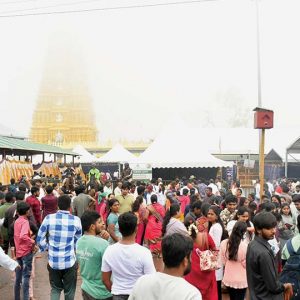Question is what is important — Safety of KRS or the growth of construction industry? Government must find alternative sources.
Mandya: The blanket ban on stone quarrying in the vicinity of Baby Betta in Pandavapura Taluk has slowed down the construction industry in Mysuru, Mandya and Kodagu. The ban, has however, brought cheers to farmers and environmentalists who had upped the ante against stone mining due to the possible threat to Krishna Raja Sagar (KRS) Dam which is just 11 kilometres away from the quarry.
The Mandya District Administration had banned stone quarrying and any sort of blasts within the 20-kilometres area around KRS Dam, following a report from Karnataka State Natural Disasters Monitoring Committee (KSNDMC).
The report submitted by KSNDMC indicates imminent threat to the KRS Dam due to high-intensity quarry blasts and the resultant ground vibrations. It had recommended the administration to check damages and fractures in the Dam structures in the wake of blasts.
Following the ban, there is a complete halt on any mining activity at Baby Betta Kaval, Baby Betta Amruth Mahal Reserve Area, Bannangadi, Chinakurali, Anaganahalli, Kannambadi, Honaganahalli, Bastipura, Beechanakuppe, Avverahalli and surrounding areas in Mandya and Pandavapura.
The construction industry in Mysuru, Mandya, and Kodagu districts is largely dependent on the stone extraction units near Srirangapatna and Pandavapura taluks in the district for Manufactured Sand (M-Sand) and gravel. The ban has come into force in the entire district, which has around 36 quarries. The quarry owners have been warned that non-compliance on their part will lead to criminal charges against them.
M-Sand is artificial sand, manufactured from crushed stone. It is widely seen as the best natural resource for construction. The lack of availability of river sand has led the construction industry to use M-Sand as an alternative. Thus, the ban order is negatively affecting the construction industry, said a quarry operator.
“Even the ongoing Bengaluru-Mysuru Highway development project requires several lakh tonnes of M-Sand and gravel. There are hundreds of projects being taken up in the Old Mysore region, and they too need quarry material”, he said.
The quarries near Baby Betta are the prime source of M-Sand and gravel for the construction industry in Mandya, Mysuru and Kodagu. Although there are a good number of quarries in Chamarajanagar and Ramanagara, major builders prefer M-Sand from the Srirangapatna and Pandavapura quarries, owing to their superior quality, a senior officer working with the Department of Mines and Geology said.
At present, M-Sand is being sold at quarries near Baby Hills for Rs. 950 to Rs. 1,100 a tonne. Now, the industry will have to procure the same from quarries in Kanakapura of Ramanagara district, Kunigal in Tumakuru district, or from elsewhere.








Recent Comments